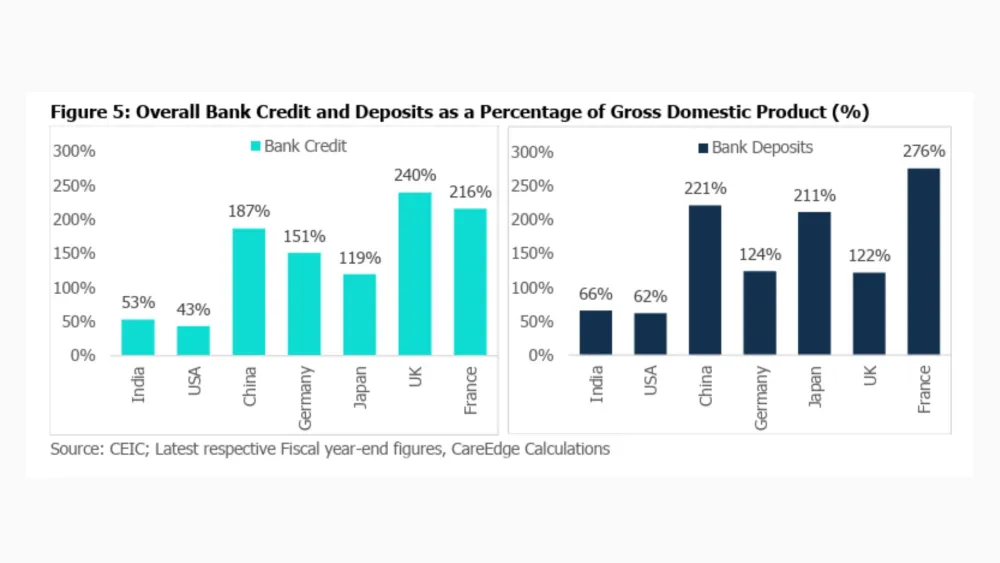
Subdued car sales in Indonesia dampen NBFIs’ earnings growth
Four-wheel vehicle sales are unlikely to rise above 900,000 units in 2026.
Persistently subdued automotive sales in Indonesia will dampen the earnings growth prospects of non-bank financial institutions (NBFIs) in 2026, according to Fitch Ratings.
Impact will likely be more pronounced on NBFIs than the non-life insurers, the other sector impacted by the slower sales. This is because of NBFI’s greater reliance on car financing to drive business volume, the ratings agency said in a 6 October report.
Four-wheel vehicle (FW) sales are unlikely to rise above 900,000 units in 2026, the report said. New 4W financing is the main contributor to the NBFI sector’s receivables portfolio, accounting for around 28% of assets as of end-June 2025.
Furthermore, the potential for a more significant demand rebound is constrained by rising 4W prices, and the removal of incentives for electric vehicle (EV) purchases in 2026, Fitch said.
There is also limited appetite from financiers for faster auto-lending growth, in part due to their asset-quality concerns.
Amongst financiers, Fitch expects PT Astra Sedaya Finance and PT Toyota Astra Financial Services to preserve their business models that focus on new 4W sales, given their status as captive financiers for 4W brands.
Financing companies may opt to shift their focus on the second-hand 4W segment, two-wheel vehicles (2Ws), and multi-purpose financing in 2026.
Second hand 4W and 2W sales account for 17% and 16% of NBFI sales, respectively. Growth in financing for these two segments helped to support 8% growth in the financing industry receivables in 2024.



















 Advertise
Advertise












